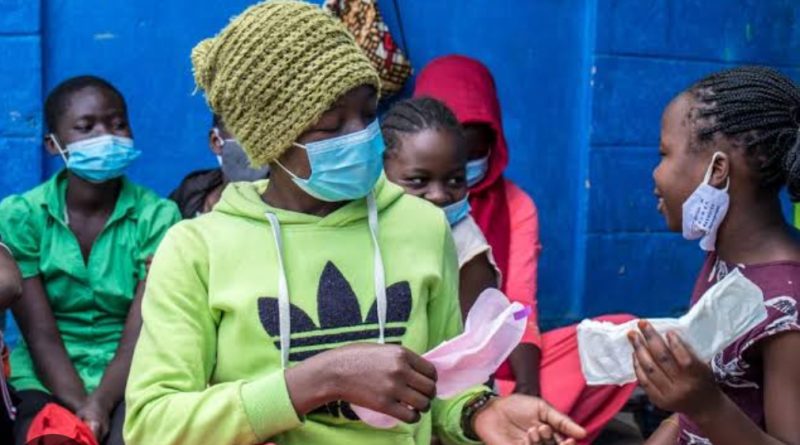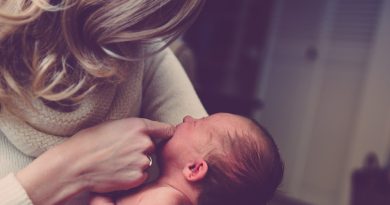What Menstrual Health Means to Nigerian Girls from Low-Income Families in 2024
Margaret Aladeselu
Period poverty affects many girls and women from low-income families in Nigeria. While economic challenges often take precedence over social issues, the silent struggle of period poverty remains largely unacknowledged. In fact, many people are not even aware of what period poverty is. Simply put, it refers to the inability of menstruators to afford sanitary products, which impedes their ability to manage their menstrual health with dignity and ease.
Period poverty affects millions of girls and women in Nigeria, particularly those from low-income and marginalised communities. In 2022, recognising the need for change, I took the initiative to launch a petition and lead a campaign on menstrual hygiene in Nigeria, urging tax exemption on sanitary products and access to indispensable menstrual hygiene provisions for every woman, with the aim of finding sustainable solutions for countless young women in Nigeria, who experience inadequate access to essential menstrual hygiene resources due to financial constraints. The potential impact of this campaign is significant: it would not only alleviate the financial burden on menstruators but also foster greater accessibility to sanitary pads and tampons for young girls and women across the nation.
The recent economic downturn has significantly worsened the alarming situation of individuals living in poverty. The rising costs of living, coupled with the depreciation of currency values, have rendered basic necessities, such as sanitary pads, increasingly unaffordable for many, resulting in a sharp increase in period poverty. As a result, the number of girls who can no longer afford sanitary products has likely doubled, making menstrual hygiene a luxury that many low-income families can no longer afford.
To address this issue, I co-founded Period Padi, an NGO dedicated to ending period poverty one girl at a time, and we organised an outreach program to provide free menstrual products to school girls from low-income families. Our goal is to reach at least 1,000 girls by the end of the year. During our first outreach program, we had the opportunity to speak with some of the girls and understand their perspectives on menstrual health. Unfortunately, their responses were not encouraging. Many of them expressed a sense of resignation, with some admitting to using rags or toilet paper in the absence of sanitary pads. The free pads we provided, although in small quantities, were a huge relief for them.
However, addressing period poverty goes beyond simply distributing free pads; it depends on policymakers taking action to prioritise the well-being of menstruators and removing taxes on sanitary products. Unfortunately, many people don’t realise how big of an issue this is for millions of girls in Nigeria. But for me, it’s personal. I see these girls struggling every day, with their families barely able to afford food, let alone menstrual products. It’s time we all recognise the urgency of this problem and work together to find solutions.
As we reflect on World Menstrual Health Day, let us not only acknowledge the stark realities of period poverty but also commit to concerted action. By prioritising menstrual health as a fundamental human right, we can catalyse transformative change and pave the way for a more equitable and dignified future for all Nigerian girls and women.
Margaret Aladeselu, Nguvu Collective Change Leader
Photo Credit: Google




